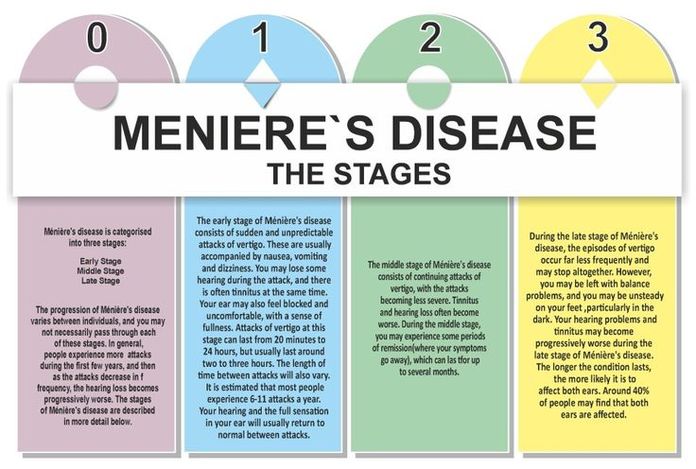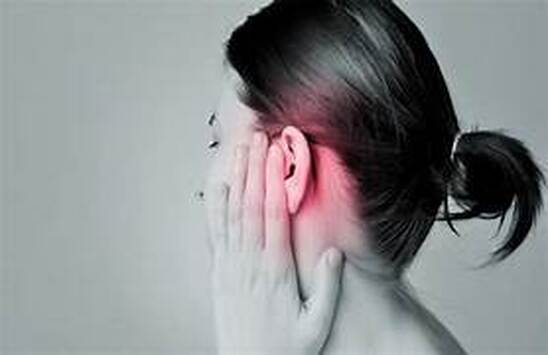 Meniere's disease is an inner ear issue that can impact one's balance and hearing. It typically impacts one ear at a time. However, it can develop in the other ear over time. Individuals are usually diagnosed with Meniere's after age 40, but it can develop at any age. What causes Meniere's? As with many of the conditions that I've discussed, the cause of Meniere's is unknown. Experts believe that it might be related to fluid in the inner ear called endolymph. In people who have Meniere's, there is too much endolymph in the inner ear. This causes pressure in the inner ear, creating issues with balance. Experts have two theories as to why this happens:
Is Meniere's disease autoimmune? While Meniere's itself isn't an autoimmune disease, those of us who suffer from autoimmune disease are at a higher than normal risk for Meniere's. Symptoms of Meniere's disease
Those with Meniere's may experience what is called "drop attacks." Drop attacks are a sudden fall when standing or walking. It happens with no warning to the sufferer. How is Meniere's diagnosed? If you suspect that you have Meniere's, your doctor will do a physical exam, checking the ears, eyes, and nervous system. He will also ask a wide variety of questions about your symptoms. Other tests might include:
How is Meniere's treated? Meniere's disease cannot be cured, but it can be treated. Your doctor will prescribe you medications to help with the vertigo symptoms. A diuretic medication may be prescribed as well. In severe cases of the disease, surgery may be recommended.
0 Comments
Your comment will be posted after it is approved.
Leave a Reply. |
Archives
|
©2017-2024



 RSS Feed
RSS Feed
